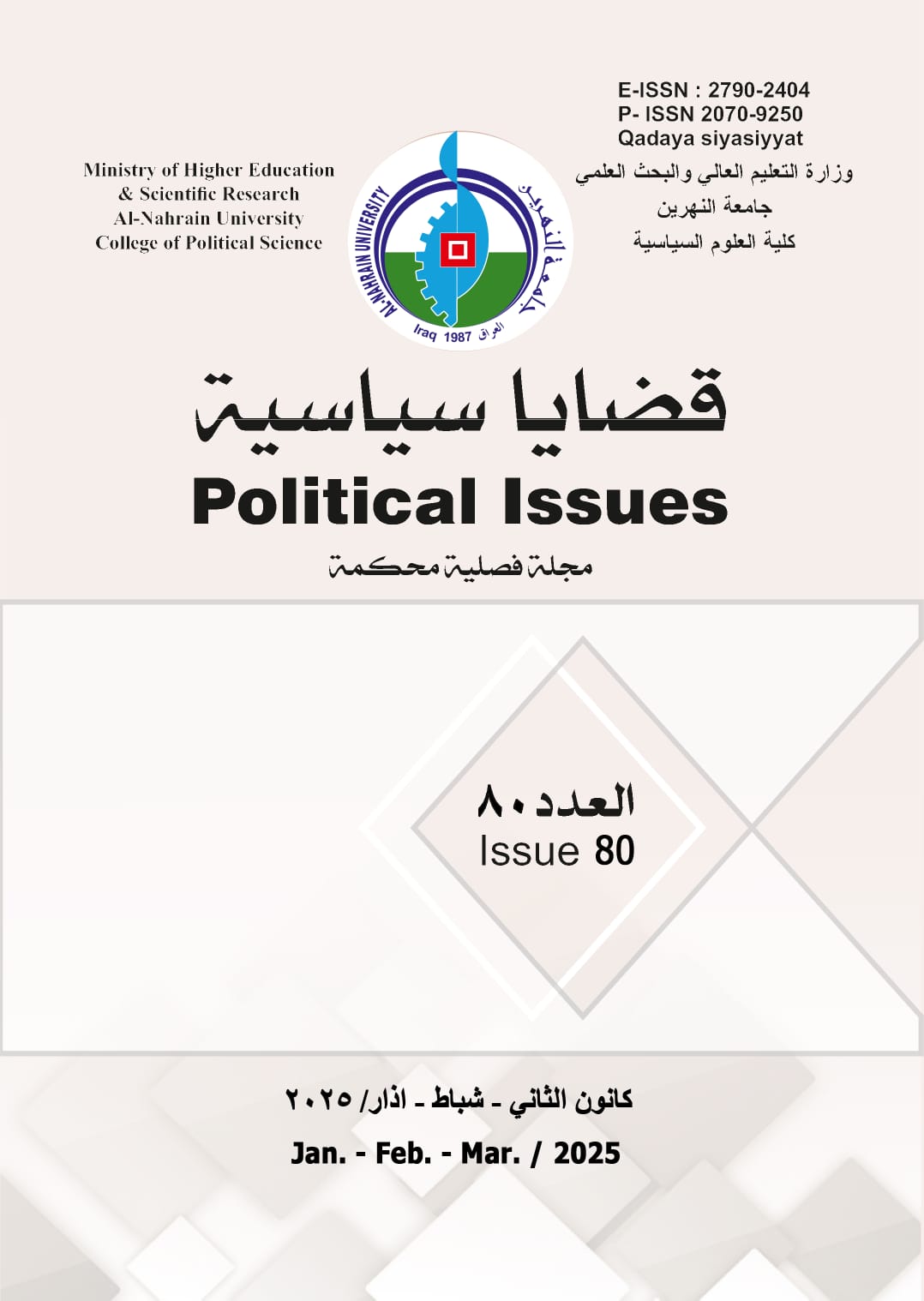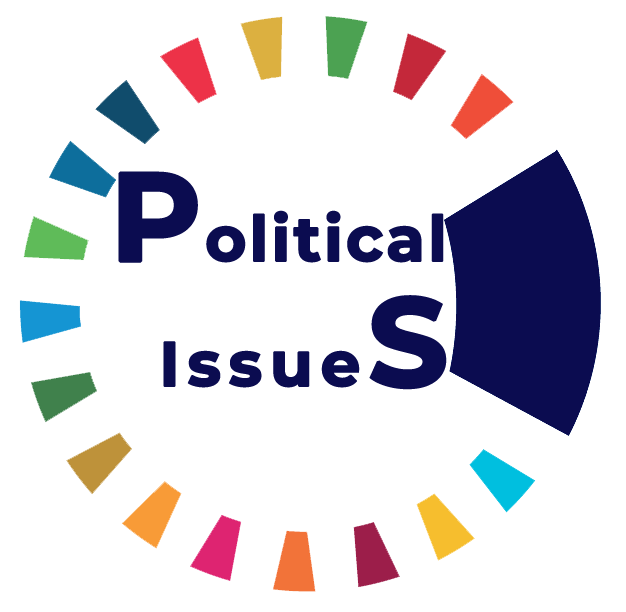The impact of climate change on the increase in international conflicts and the growth of the phenomenon of terrorism
DOI:
https://doi.org/10.58298/802025685Keywords:
climate change, conflict, terrorism, conflictsAbstract
Many countries and places around the world witnessed security challenges that coincided with, and followed, severe climate changes and fluctuations in them, which negatively affected their food and water resources, and reduced the ability of countries to meet the needs of their people. This paved the way for the outbreak of intra-conflicts at the local level, The number of international conflicts has increased, the development of the terrorist phenomenon has increased, and the number of terrorists has increased, in addition to the increasing levels of fragility and political instability, especially in developing countries that lack the elements of response and flexibility necessary for confrontation.
References
- Taqi Al-Najjar, Climate Change and Terrorism: Is There a Relationship?, Climate Change: Yesterday's Issue, Present Challenge, Future Dangers, (Cairo, Egyptian Center for Thought and Strategic Studies, 2022).
- Christian Parenti, The Orbit of Chaos: Climate Change and the New Geography of Violence, translated by Saadeddin Kharfan, 1st ed., (Kuwait: National Council for Culture, Arts, and Letters, 2014).
- Nisreen Al-Shahat Al-Sabbahi, Climate Change and Its Impact on Conflicts in East Africa, 2nd ed., (Cairo: Al-Arabi for Publishing and Distribution, 2023).
- Al-Nima Abdel-Khaleq Mustafa, Climate Change: Enhancing the Adaptation of African Ecosystems, 1st ed., (Sudan: Sudan Currency Printing Press Limited, 2015).
- Muhammad Muwaffaq Makki, The Impact of Global Climate Change on International Security, unpublished doctoral dissertation, College of Political Science, University of Baghdad, Baghdad.
- Ahmed Taher, "Deconstructing the Relationship between Climate Change and Political Conflicts," International Politics Magazine, Issue (230), (Cairo, Al-Ahram Center for Political and Strategic Studies, October 2022).
- Amira Mohamed Abdel Halim, "Climate Change and Armed Conflict," Files, (Cairo, Al-Ahram Center for Political and Strategic Studies, November 2022).
- Basma Saad, "The Implications of Climate Change for the Phenomenon of Terrorism... The African Sahel Region as a Model, The Security Implications of Climate Change: Case Studies," (Cairo, Al-Ahram Center for Political and Strategic Studies, November 2022).
- Rachel Furlow, Addressing the Policies of the Climate-Migration-Conflict Nexus, Forced Migration Review: The Climate Crisis and Displacement: From Obligations to Action, Issue (69), Refugee Studies Center, May 2022.
- Azza Gamal Abdel Salam, The Future of the Conflict between India and Pakistan in Light of the Abrogation of Kashmir's Autonomy, Journal of Politics and Economics, Issue (3), July 2019.
- Muhammad Sinan Siic, The Impact of Climate Change on Violent Non-State Actors in the Middle East, Research Papers, Al-Sharq for Strategic Research, May 2020.
- Mahmoud Salama, Climate Change and Terrorism in Europe: An Indirect Relationship and Potential Threat, Journal of International Politics, Issue (235), (Cairo, Al-Ahram Center for Political and Strategic Studies, January 2024).
- Mahmoud Qasim, Climate Change and Armed Conflicts: Limits of Influence and Intertwinement, Climate Change: Yesterday's Issue, Present Challenge, Future Risks, (Cairo, Egyptian Center for Thought and Strategic Studies, 2022).
- United Nations, Global Report on Food Crises 2021, Global Network Against Food Crises.
- United Nations, ESCWA, Understanding the Potential Links between Climate Change and Conflict in the Arab Region, 2021.
Additional Files
Published
Versions
- 2025-04-24 (2)
- 2025-03-31 (1)
Issue
Section
License
Copyright (c) 2025 مها احمد ابراهيم

This work is licensed under a Creative Commons Attribution 4.0 International License.
This is an Open Access article distributed under the terms of the creative commons attribution (CC BY) 4.0 international license which permits unrestricted use, distribution, and reproduction in any medium or format, and to alter, transform, or build upon the material, including for commercial use, providing the original author is credited.






